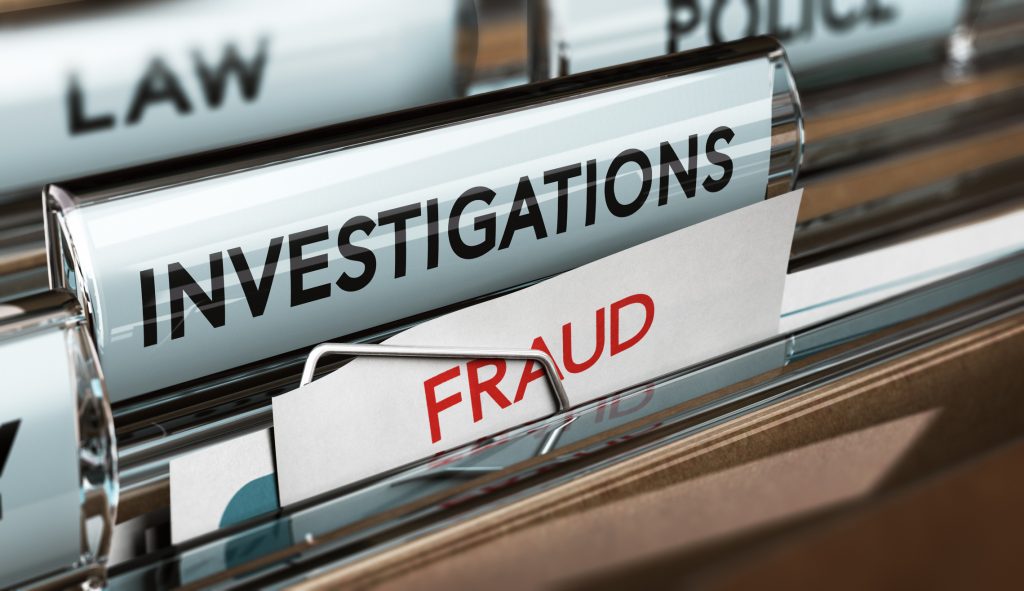Tech Gains Tractionin Fight Against Insurance Fraud

By Max Dorfman, Research Writer, Triple-I
Insurance fraud costs the U.S. $308.6 billion a year, according to recent research by the Coalition Against Insurance Fraud (CAIF). And, while staffing within insurers’ Special Investigation Units (SIU) is a pain point, CAIF found that use of anti-fraud technology is on the rise.
CAIF notes that hardest-hit insurance lines are:
Life insurance, at $74.7 billion annually;Medicare and Medicaid, at $68.7 billion; andProperty and casualty, $45 billion.
“There is a huge and monumental impact that insurance fraud causes to American citizens, American families, and to our economy every single year,” said Matthew Smith, the coalition’s executive director.
Another recent CAIF study looked at SIUs and insurers’ response to fraud. The study found that SIU staff grew at 1.4 percent from 2021 to 2022, slower than the 2.5 percent growth rates from two previous studies addressing this issue. Staffing and talent are among the top concerns of anti-fraud leaders CAIF surveyed.
However, an additional CAIF study found that anti-fraud technology is increasingly being used—a positive sign in the fight against these crimes. Among the key findings of that report is that 80 percent of respondents use predictive modeling to detect fraud, up from 55 percent in 2018.
Insurance fraud is not a victimless crime. According to the FBI, the average American family spends an extra $400 to $700 on premiums every year because of fraud. Most of these costs are derived from common frauds, including inflating actual claims; misrepresenting facts on an insurance application; submitting claims for injuries or damage that never occurred; and staging accidents.
To further combat insurance fraud, there are ways to file complaints, including contacting your state’s fraud bureau; contacting your insurer to see if a fraud system is in place; using the National Insurance Crime Bureau (NICB) “Report Fraud” button; and reporting it to a local FBI branch.
“Insurance fraud is the crime we all pay for,” CAIF’s Smith added. “Ultimately, it’s American policyholders and consumers that pay the high cost of insurance fraud.”
Learn More:





